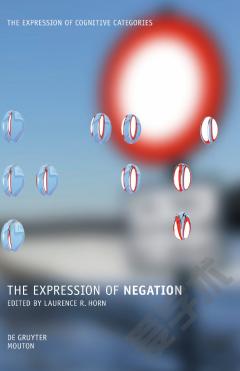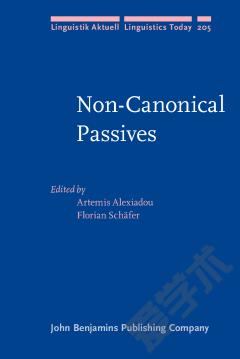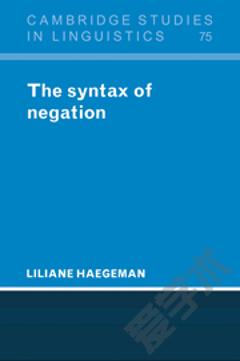The Diachrony of Negation.
Despite intensive research, negation remains elusive. Its expression across languages, its underlying cognitive mechanisms, its development across time, and related phenomena, such as negative polarity and negative concord, leave many unresolved issues of both a definitional and a substantive nature. Such issues are at the heart of the present volume, which presents a twofold contribution. The first part offers a mix of large-scale typological surveys and in-depth investigation of the evolution of negation in individual languages and language families that have not frequently been studied from this point of view, such as Chinese, Berber, Quechua, and Austronesian languages. The second part centers on French, a language whose early stages are comparatively richly documented and which therefore provides an important test case for hypotheses about the diachrony of negative marking. Representing, moreover, a variety of theoretical approaches, the volume will be of interest to researchers on negation, language change, and typology.
{{comment.content}}








 京公网安备 11010802027623号
京公网安备 11010802027623号